Even private individuals have the right to buy and sell shares. If this activity is profitable, then personal income tax is paid on it. Securities trading is considered a demanded and profitable activity. But in order to avoid problems with tax inspectors, it is necessary to correctly calculate and timely pay tax on the sale of shares by an individual. If a person involves a broker for trading, then this specialist acts as a tax agent for an individual. In this case, the direct owner of the securities should not independently engage in settlements.
Legislative regulation
Payment of tax on the sale of shares by an individual is required without fail on the basis of legislative requirements. The implementation of various operations with securities, bringing a certain profit, are taxable transactions. Of the profit received, 13% is paid to the state budget.
The taxation base is the difference between the purchase and sale price of shares, which is prescribed in Art. 208 Tax Code. Additionally, expenses related to the content of the account can be deducted from the amount received.
It is impossible to get rid of the need to pay the tax on the sale of shares by an individual even if the securities have been owned by a citizen for more than three years. When implementing the transaction, it is taken into account which selling price is indicated in the official contract. If a person during the sale and purchase of shares did not receive any profit, then he is not paid personal income tax. If he does not pay the tax on time, then fines and penalties are charged, and the tax inspectorate may recover funds by forced means.
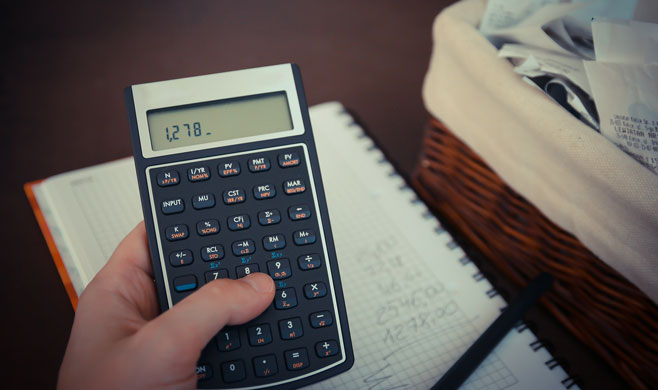
Who pays the fee?
What taxes are paid on the sale of shares by an individual? For this, it is calculated from the personal income received. The following securities sellers pay the fee:
- legal entities whose activities are directly related to stock trading;
- firms for which the sale of shares is only an additional way to profit;
- individuals engaged in various operations on the securities market;
- people who own shares and decide to sell them.
For citizens, the tax is paid by their tax agents. But if citizens independently engage in sales, and do not use the help of official brokers for this, then they will have to deal with the calculation and transfer of funds on their own. Who should pay taxes on income received from the sale of shares? Taxpayers are both private individuals and companies that profit from such an operation.
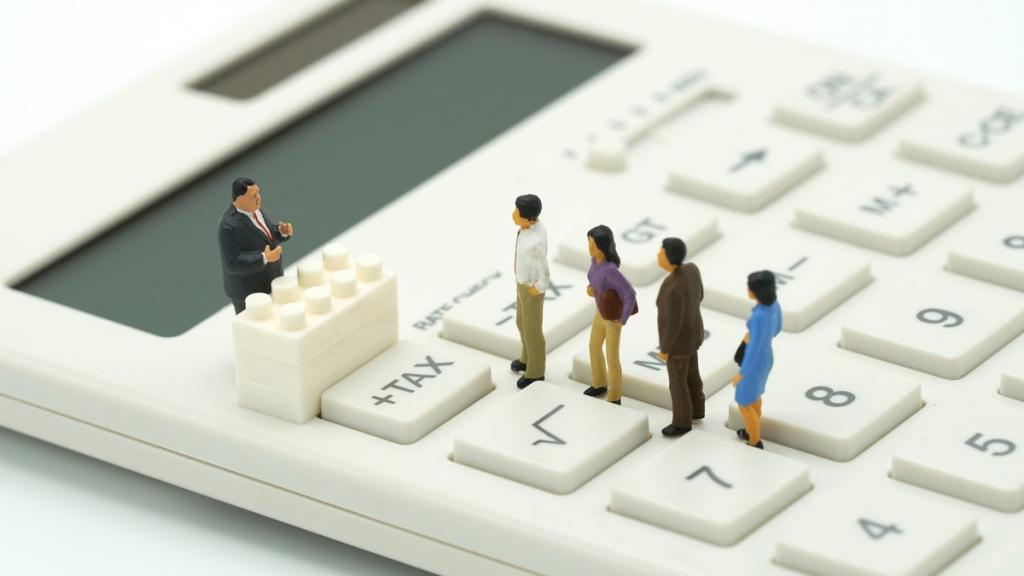
The tax base
The tax on the sale of shares by an individual is paid exclusively upon receipt of profit from this transaction. In the process of determining the tax base, the following recommendations are taken into account:
- if a private person uses the help of an official and professional broker, then this particular specialist is responsible for calculating the tax base and direct collection;
- if the owner of the shares is a company that sells securities on its own, then it is itself a tax agent, so its employees calculate the tax and submit a declaration to the Federal Tax Service;
- legal entities pay income tax, and private citizens pay personal income tax;
- only the net profit acts as the tax base, so the difference between the costs of buying shares and the proceeds from their sale is calculated;
- if securities are sold at purchase price, then net profit does not arise, therefore, citizens do not have to pay personal income tax;
- for the correct calculation, private individuals must keep official documents containing information on the purchase value of securities;
- taxes will have to be paid for all transactions with securities;
- if at the end of the year a citizen has a loss, then he will not have to pay taxes for operations on which net profit was received;
- The tax base is calculated only after the actual transaction.
Most often, citizens prefer not to work independently in the securities market, but to use the help of experienced brokers. In this case, the taxation of physical. persons after the sale of shares engaged in the selected specialist.
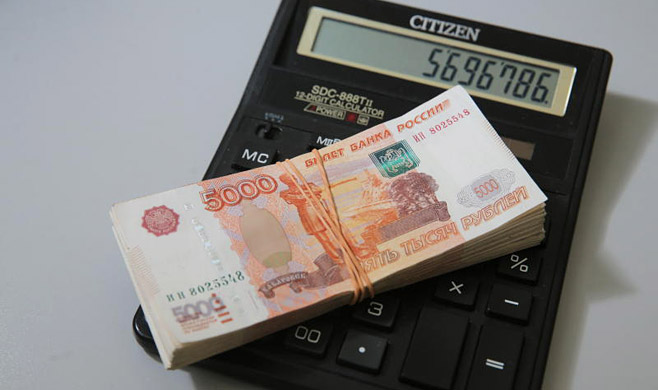
What tax rates are used?
The taxes on the sale of shares by individuals and legal entities (please correct the mistake) are different. Citizens pay personal income tax, so 13% of the tax base is transferred from the profit to the state budget. If the recipient of the profit is represented by a non-resident, then for him the rate increases to 30%.
Companies that receive income from operations in the securities market pay income tax. For them, the tax rate is 20%, but in some regions, benefits may be offered for different enterprises. If foreign foreign companies operating in the Russian securities market make a profit, then for them the rate increases to 30%.

Rules for calculating the fee for individuals
The tax rate for the sale of shares by an individual is standard, therefore, for residents of the Russian Federation is 13%. The same rate is applied when calculating the tax on all other private income. The rules for calculating and paying the fee include:
- Citizens can expect to receive investment deductions, but only on the condition that shares that have been owned by a citizen for more than three years are sold, and they also apply to the securities market;
- the amount of the fee for the year of work is determined, which takes into account the profit received from each transaction for the sale of securities;
- if a broker acts as a tax agent, then the calculation is carried out during each withdrawal of money, for which funds are collected at the end of the month.
If a citizen prefers to independently work in the securities market, then he will have to deal annually with the calculation of personal income tax, as well as the transfer of the amount due until July next year.
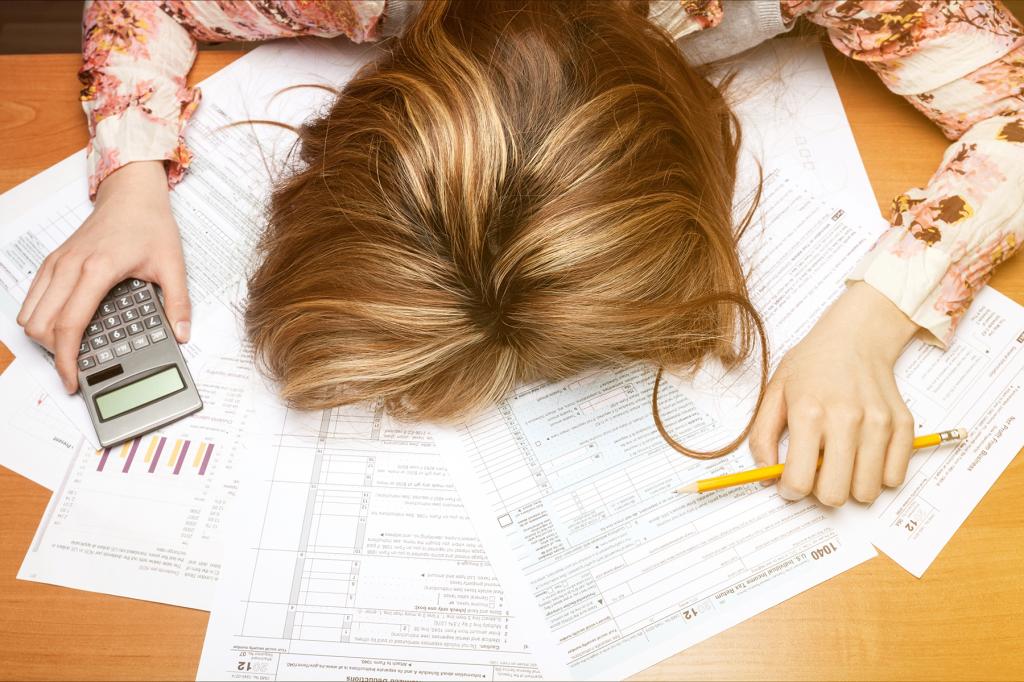
Features for senior citizens
A tax on the sale of shares by an individual is levied even if the seller is a retiree. Such citizens cannot rely on any tax breaks or exemptions.
For them, the tax is calculated in a standard way. In this case, the seller can use several ways to significantly reduce the size of the fee. For this, the expenses incurred by the taxpayer in the process of purchasing shares are taken into account. In addition, the tax base for expenses associated with paying depositary services or transferring a commission to a participant in the securities market is reduced.
What benefits are offered?
When calculating the tax on the sale of shares by an individual, certain types of benefits may apply. These benefits include:
- if a person has bought shares after 2011, and has also owned them for more than five years, then he may not pay tax on the amount received from the sale;
- if an individual acquired shares after 2015, and also owned them only for one year and 1 day, then it is possible to obtain exemption from payment of the fee, but only on condition that all operations are performed exclusively on the Russian securities market;
- if a company specializes in selling securities outside the official exchange, which is intended for the circulation of these securities, then it may rely on some relief in the process of calculating income tax.
Additionally, during the calculation, the content of regulatory acts must be taken into account.
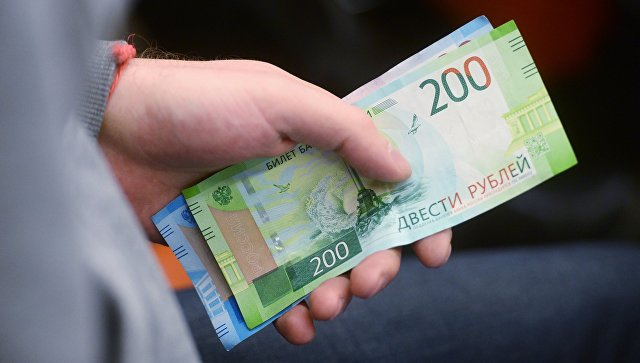
Key ways to reduce collection
The tax on the sale of Gazprom shares by an individual is paid independently if he does not use the help of an experienced broker. At the same time, each person wants to reduce the tax burden in different ways. In fact, there are several official ways to legally reduce the amount of the fee paid after the sale of securities. These methods include:
- preservation of all documents and evidence of the purchase value of securities in order to correctly determine the tax base;
- to prevent confusion and errors, it is recommended that individuals use the services of only one broker, since in this case only one specialist will be involved in settlements and transfers of funds to the Federal Tax Service;
- if the calculations are carried out by companies, then they can transfer the loss of the past period to the current moment.
When making any transaction, a citizen must demand from his broker documents confirming the purchase or sale of securities. Only in this case will he be able to prove to tax inspectors the correctness of calculating the tax base. It is not uncommon for employees of the Federal Tax Service to calculate taxes on the basis of only the sale price, since they did not have information on what price the shares were bought. Under these conditions, the taxpayer will have to independently contact the tax office with official evidence of the cost of buying securities.
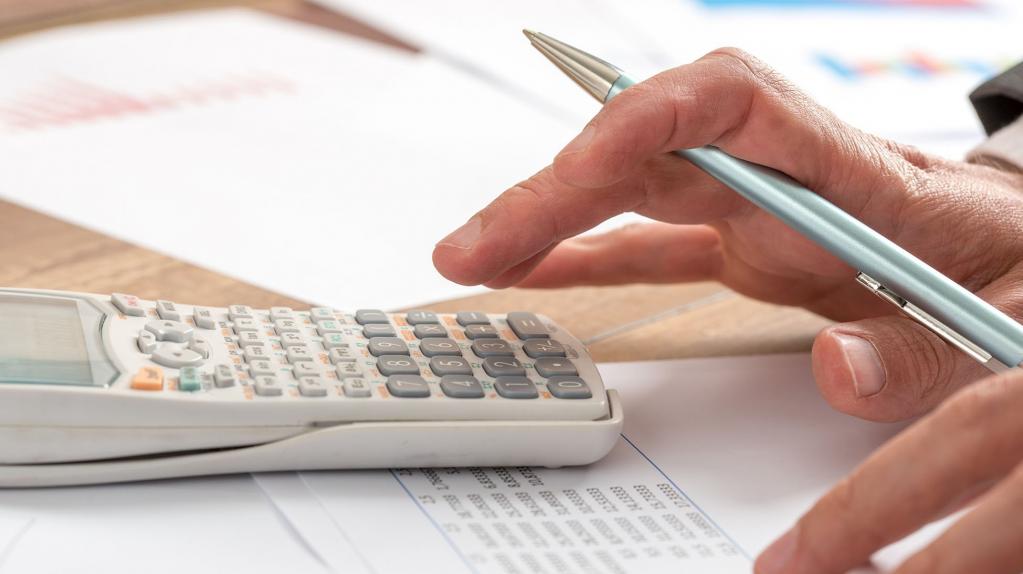
Nuances for inherited shares
Many people receive inherited securities. They are usually not interested in trading on the stock exchange, so they try to immediately sell the received values. Under such conditions, a citizen receives shares absolutely free of charge. Therefore, 13% is charged directly from the sale value of the securities.
Reducing such a tax base is possible only for the costs associated with paying for the services of a professional broker. Additionally, other expenses arising after the sale of securities are taken into account. All such costs must be confirmed by official documents.
By law, property received by inheritance is not subject to any tax, but when it is sold, a citizen has a profit, from which income tax is transferred to the Federal Tax Service.
Features when selling donated shares
If the shares were received on the basis of the gift, the donor must pay 13% of their value.
An exception is when close relatives are involved in such a transaction. All such facts must be documented.
Conclusion
The sale of shares usually leads to a certain profit for an individual. A tax of 13% of the tax base is calculated from it, calculated as the difference between the purchase and sale price of securities. If a citizen turns to a broker for trading, then this particular specialist is responsible for calculating and paying the fee.
If a person prefers to work independently in the securities market, then he will have to determine and pay personal income tax on his income.









